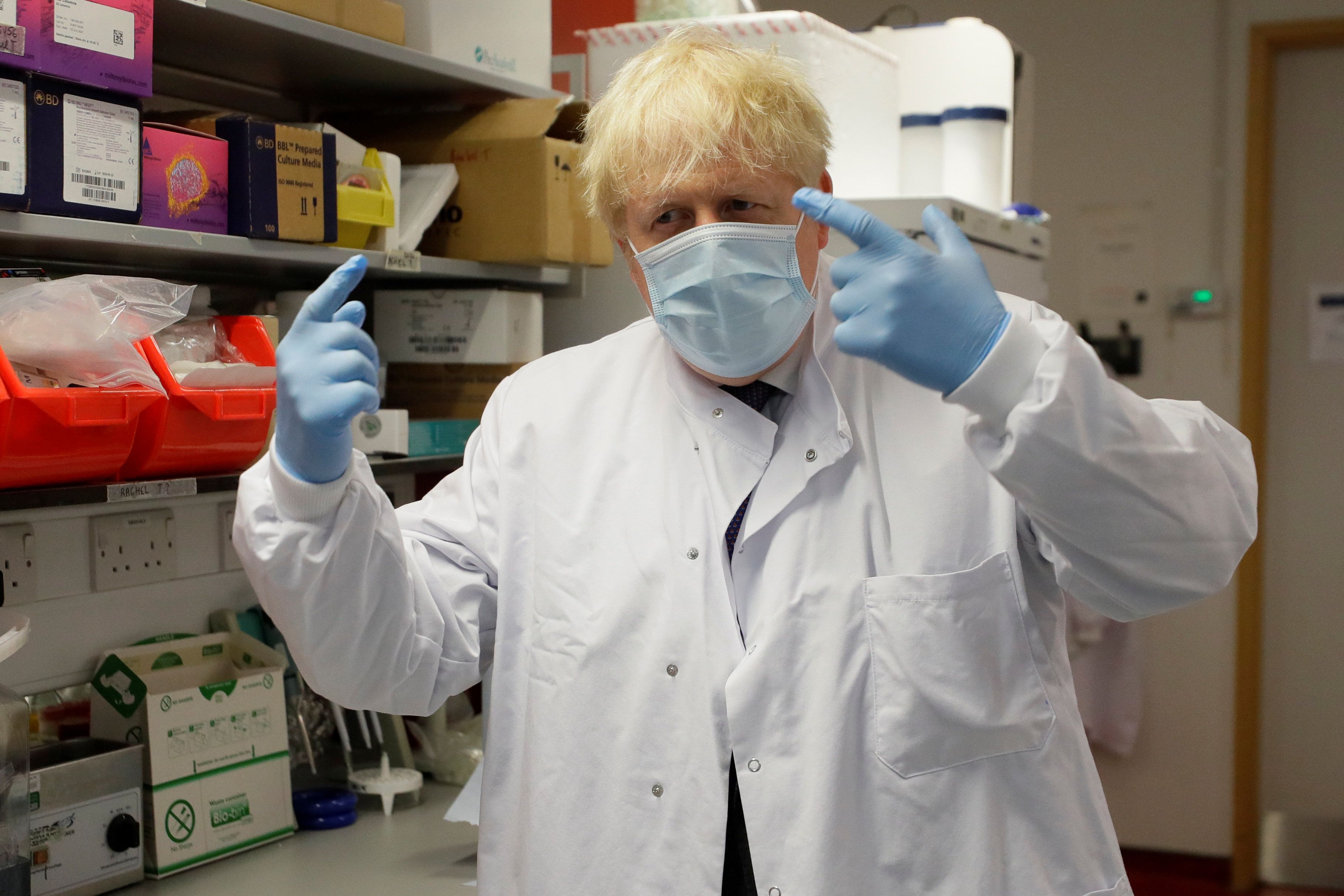What We're Watching: UK's second wave, UAE-US eye arms deal, China's plans for Tibet
UK's new COVID restrictions: In a last-ditch effort to avoid another national lockdown, British Prime Minister Boris Johnson announced on Tuesday sweeping new restrictions to curb the spread of COVID-19 in the country that could last up to six months, including limits on the number of people that can attend social gatherings. Warning that the country has reached "a perilous turning point," Johnson said that similar measures would soon be extended to Northern Ireland, Scotland and Wales. The PM's announcement comes as his government struggles to battle what he now admits is a second wave of the coronavirus. The UK now has the fifth highest death toll in the world and a steadily rising caseload. The new restrictions represent an about-face for the British government, which has been criticized for walking back its earlier calls for workers to return to the office. Will Johnson's move be enough to flatten the (second) curve?
UAE-US eye arms deal: After months of speculation, the US and the United Arab Emirates hope to have a solid plan in place for the sale of US-produced F-35 fighter jets to Abu Dhabi by December, according to a new report by Reuters. Once the formal contract is in place, fines may be issued to either side that violates it or pulls out. Abu Dhabi has tried to buy sophisticated F-35 fighter jets (and advanced weaponry) from Washington for years, but the US only recently acquiesced after the UAE — a close American ally — agreed to normalize ties with forever-foe, Israel. Still, there are key issues to iron out: Washington has long committed to ensuring that Israel maintains a "qualitative military edge" over its neighbors in a volatile region, and has refused to sell sophisticated weapons to some Arab states for this reason. (Israel is America's only ally in the Middle East that possesses the stealth fighter jets.) The Trump administration is reportedly working with Israeli officials to make sure that the UAE deal doesn't undermine this commitment, though details remain murky of how this might be achieved.
China's plans for Tibet: In a repressive program eerily similar to what Beijing has long been doing to ethnic Uighurs in Xinjiang, China is now forcing half a million ethnic Tibetan laborers off their land, and placing them in military-style facilities where they are being trained as factory workers under an expanded quota system that affects up to 15 percent of the region's population, according to a new report. For years, Uighurs and other ethnic minorities have been imprisoned in mass detention centers as part of what Beijing describes as a benign "deradicalization campaign," but which is widely believed to be a network of internment camps where minorities are held indefinitely without trial, and learn trades to make cheap goods for Chinese firms to sell abroad. Although ethnic Tibetan opposition to Chinese rule there has been relatively muted since Buddhist monks led a failed uprising in 2008, Beijing is likely to face Tibetan resistance if it subjects the region to the same harsh policies enacted in Xinjiang. We're watching to see how Washington responds to the bombshell report amid rising tensions between the two powers over the past week.
